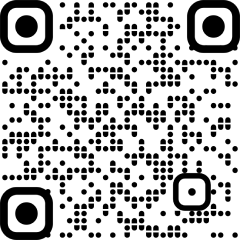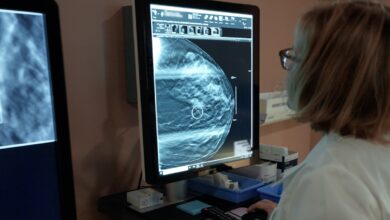
BHU hosts global conference on DNA science, multi-omics, and public health innovations, ET HealthWorld
Varanasi: The Banaras Hindu University (BHU) hosted the prestigious INBIX-ADNAT 2024 Conference, an event that highlighted advanced research and applications of DNA science, bioinformatics, and multi-omics.
Spanning three days from November 28 to 30, the conference brought together luminaries from diverse disciplines, including archaeogenetics, forensics, linguistics, and genomics, to discuss groundbreaking advancements in human health and beyond.
Professor Gyaneshwer Chaubey, a gene scientist from BHU’s Department of Zoology, explained about the history of the Association of DNA Fingerprinting and Associated Technologies (ADNAT).
“The ADNAT was founded 25 years ago by the late Dr Lalji Singh, who is known as the “Father of DNA and Fingerprinting”. Last year, 22 people from across 15 countries and 300 young scientists from India participated in this annual conference. This year, we have started with bio-informatics,” Chaubey said.
This year’s conference expanded its scope, merging bioinformatics with genomics to address contemporary research challenges. “Today’s gene analysis is impossible without bioinformatics,” Prof Chaubey noted, emphasizing the integration of linguists, archaeologists, and genomics specialists in collaborative dialogues.
One of the unique highlights of the conference was its focus on venomics — the study of snake venom. “Snake bites cause a death every six minutes. Developing a universal anti-venom is crucial to identifying the specific snake species involved in bites, especially in rural areas,” Prof Chaubey said.
International experts shared presented research on ancient DNA and soil analysis reflecting on human relationships and diversity. Scientists from the United States demonstrated techniques to extract DNA from soil, to see the relationship between people, and why we are different. Australian researchers presented findings on Denisovans, an extinct human species linked to the Yeti, and their genetic ties to current populations.
Linguists also contributed by tracing the origins and spread of languages from Southeast Asia, providing fresh insights into the evolution of human culture.
Professor Bruce Whitelaw, Director of the Roslin Institute in United Kingdom, where the world’s first cloned sheep, Dolly, was created, addressed the gathering. He introduced the concept of biological engineering through CRISPR genome-editing technology.
He said that this theory is very special for India because there are so many diseases in India, and there is no cure for them. “We can make corrections by cutting the genome using CRISPR technology. This is a big theory that will develop with time and will prove to be very effective for India,” said Prof Whitelaw, highlighting the potential of CRISPR to correct genetic disorders.
The conference aimed to inspire the next generation of Indian scientists.
“Our goal is to expose young researchers to the forefront of science, giving them a glimpse of what lies 5-10 years ahead,” Prof Chaubey explained. By presenting unpublished research and emerging theories, the event offered participants a strategic advantage in their academic and professional pursuits.
ADNAT is a professional society with over 600 members worldwide, including scientists, scholars, and practitioners in various sectors.
The organization continues to promote DNA technologies and their application in healthcare, agriculture, forensics, and social welfare while addressing their ethical, social and legal implications. (ANI)
Visit: Valley Vision News







